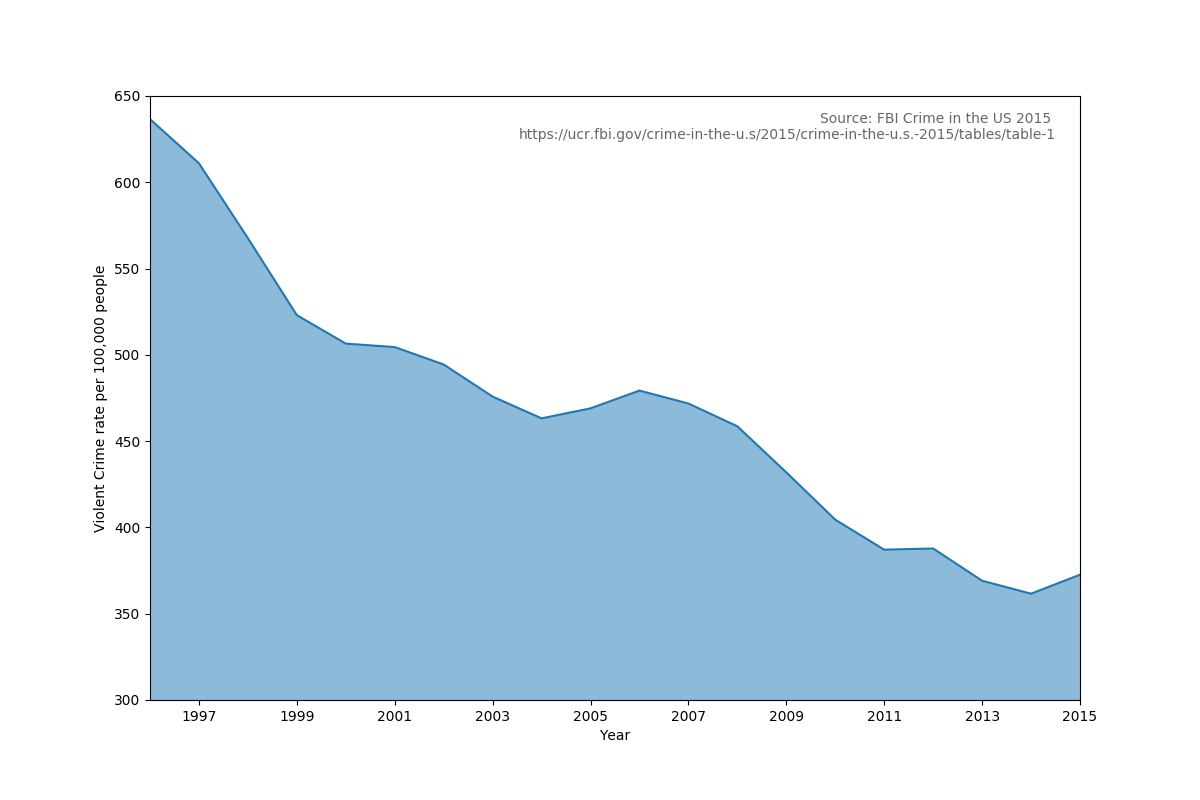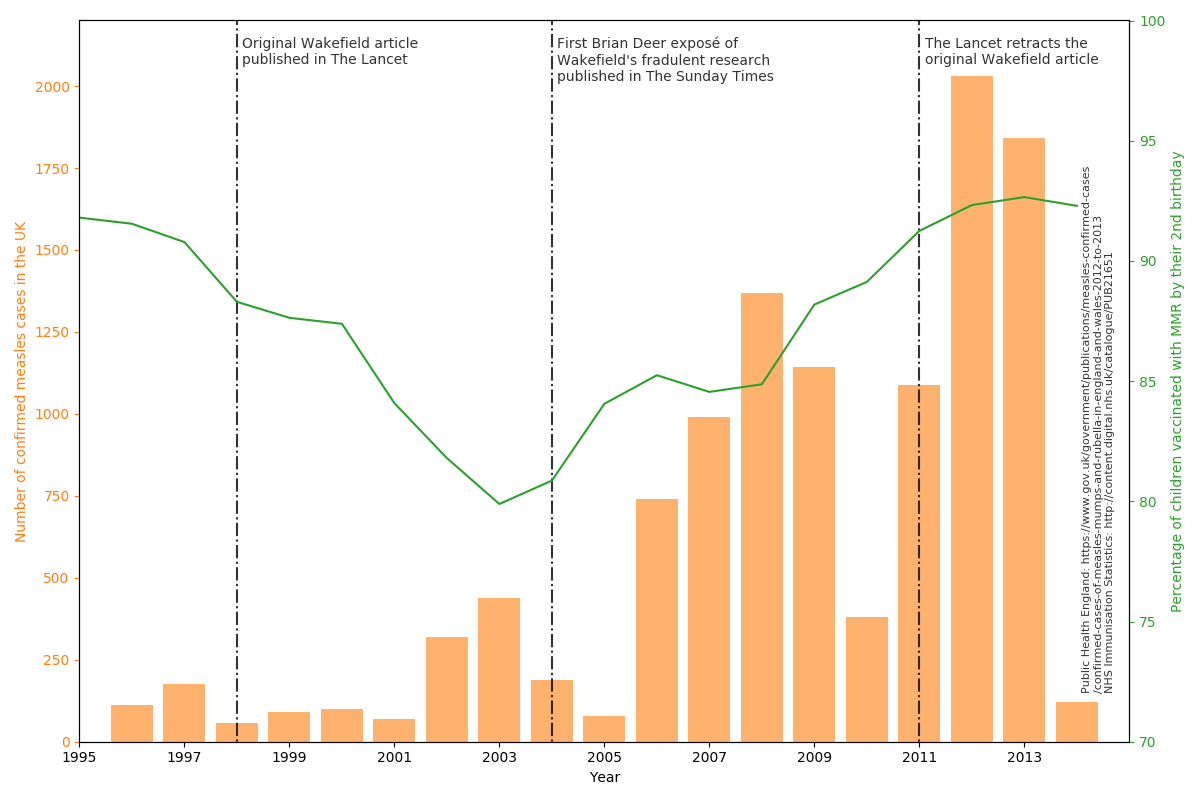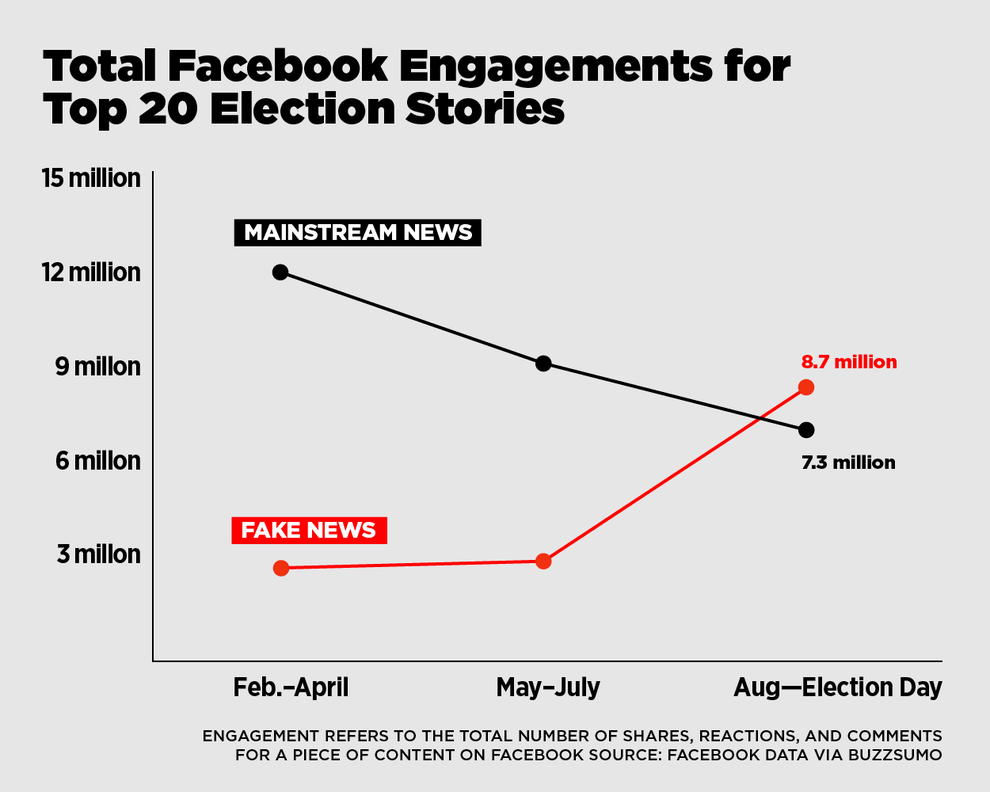Being a data scientist in a “post-truth”, “alternative fact” world
This is a reposting of a guest piece I did for the Pivigo S2DS blog
Regardless of where on the political spectrum you fall I think everyone would agree that there has been something of a shake-up in the political landscape in the past twelve months with both the Brexit referendum result and the election of Donald Trump to the US Presidency. Many pundits have remarked that these were revolts against the "establishment" and there are potentially more quakes to come in 2017. In the course of recent political events we have borne witness to the rise of the "post-truth" era with its "alternative facts"; the expression that people have "had enough of experts". In a time when data is considered the "oil of the 21st century" and that technology and data science is changing the way we work and live, I find it concerning that some parts of society are developing an aversion to facts and a distrust of scientists and experts.
A brilliant (if scary) example of this was a CNN interview by Alisyn Camerota with former US politician and former presidential candidate Newt Gingrich: the full interview is on YouTube, Feelings trump FBI Stats!. In the interview, the topic of crime in the US was brought up (I'm aware that I'm cutting down the interview for brevity but I promise I'm not taking anything out of context):
CAMEROTA: ... violent crime across the country is down. We're not under siege in the way that we were in say, the 80s.
GINGRICH: ...The Average American, I will bet you this morning, does not think crime is down, does not think they are safer.
CAMEROTA: But we are safer, and it is down.
GINGRICH: No, that's your view.
CAMEROTA: It's a fact.
GINGRICH: I just -- no. But what I said is also a fact ... people don't think that their government is protecting them ... I understand your view. The current view is that liberals have a whole set of statistics which theoretically may be right, but it's not where human beings are. People are frightened.
CAMEROTA: ... but hold on, Mr. Speaker, because you're saying liberals use these numbers, they use this sort of magic math. This is the FBI statistics. They're not a liberal organization.
GINGRICH: No, but what I said is equally true. People feel it.
CAMEROTA: They feel it, yes, but the facts don't support it.
GINGRICH: As a political candidate, I'll go with how people feel and I'll let you go with the theoreticians.
From that exchange it sounds like feelings trump facts; pun fully intended. And Gingrich is right that there has been an uptick in certain cities, he could even have claimed using the FBI statistics that 2015 violent crime was up on 2014 and 2013. But, and I've plotted the FBI violent crime stats below, it's clear that violent crime has been on a downward trend since 1996: people may not feel safe but the data shows us they are safer than they were when Barack Obama came into office! And just because you "feel" something doesn't make it true.

Is this a new occurrence?
So is this rise of "post-truth" #FakeNews a new phenomenon? I'd argue that it is a more extreme version of what we have all witnessed before. All of us can recall politicians spinning "the truth" to serve their own purposes; equally there are often idealogical biases in different media institutions that inform what they report on and how they report on it. It's why when I was in school we were given the exercise of reading two newspapers on the same day to see how the same news events were reported differently.
But surely a fact is a fact; you can't argue with facts can you? But of course you can, we're human beings after all; complex, emotive beings that are not always driven by logical decisions. I recall arguing with family members when the "MMR causes Autism" scare was at it's height. People knew the the UK government's medical advisors had said that there was no evidence that the vaccine caused autism but everyone was asking if Prime Minister Tony Blair's youngest son had had the MMR jab? The societal memory of the dangers of measles had drastically reduced and many were more fearful that their child would become autistic then that they would catch measles. The majority of doctor's and scientists disagreed with the findings of the Lancet article by Andrew Wakefield that had started the scare, but sections of the media reported it in such a way that fear spread. The consequences of the scare were significant in that the immunisation rate in the UK dropped significantly and subsequently the number of measles cases soared above pre-scare levels. I would argue that this was certainly an instance where "equal-time" reporting in the media (i.e. giving both sides equal airtime) was not reasonable and did significant harm. Thankfully investigative journalism by Brian Deer exposed the flaws and

And of course this is not an isolated case, we appear to only have "had enough of experts" when those expert opinions impinge on vested interests or things that immediately affect our daily lives; when did you last hear someone say that they didn't believe in the "theory" of gravity? But many will recall the ongoing battles about:
- Creationism & intelligent design vs the "theory" of evolution
- There are those who don't believe in man-made global warming, despite the majority of climate scientists believing it to be the case; 97.1% of papers published from 1991-2001 agree with man-made global warming and the furore over Climate-gate
- Meanwhile President's Trump chosen head of the EPA, Scott Pruitt, doesn't think that carbon dioxide emissions are a primary cause of global warming
#FakeNews
The change that has arrived recently is that rather than it being spin or an idealogical leaning of a main-stream media outlet, fake news has arrived; fake news being an actual false story posted somewhere on the internet, typically in what would not be considered mainstream media. In an era of social media, when people don't check multiple sources, or only read the headline this becomes a real problem and lies fly around the world.
"Falsehood flies, and the Truth comes limping after it;" - Jonathan Swift
A good example of this is shown in the amount of fake news versus mainstream news related to the 2016 US Presidential election that was 'engaged' with on Facebook; see the BuzzFeed article for details on how the decided what was fake. Of course this then goes to a whole other level if the President believes the mainstream media to be fake, rejects it and then relies on alternative sources.

What can we do as data scientists?
So where do data science and data scientists fit into all of this I hear you say? What can we do? Data is our expertise in analysing it, interpreting it and drawing conclusions from it. We also, should be, well aware of how data and statistics can be abused and misused by unscrupulous people for their own ends. So I would suggest that we, as data scientists, have a crucial role to play in modern society. Well data science has a role in limiting fake news propagating across the internet and social media (e.g. Facebook starts effort to curb fake news), but individual data scientists also have a role.
In our jobs
First, in our jobs, we must accept responsibility for the work we do and also need to accept some responsibility for how that work is used and applied. Data science, and its capabilities, have incredible potential to make the services and technology we use better and more efficient, however, it is so new that the ethics of data science are being defined at the same time as we are advancing the industry. We must be mindful of privacy and data ethics and we need to actively engage in deciding how we handle these issues.
"With great power comes great responsibility" - The Amazing Spider-man
We use data to tell stories, but we have to be honest in those stories. Context matters as much as the statistics; if action A halves my risk of outcome B, I need to know what the risk was before hand because going from 90% to 45% is a much much bigger deal than 0.01% to 0.005%! And we have to remember that we aren't always communicating with people who have our knowledge and expertise so make sure you communicate your message to your audience appropriately; tips for better figures and plots.
As members of society
Secondly, we need to engage with our society and hold our elected officials and our media to account. We are fortunate to be well educated and informed individuals who understand this exciting new field and what can be gleaned from data. A well informed public is a good thing so we should take part in the societal contract by calling out misinformation when we can, whether that be calling to account a public figure or stepping out of our own social media echo-chambers and challenging the misperceptions of our friends and families. For example the IPSOS MORI perils of perception 2015 study showed the difference between what people believe is happening in the UK and what actually is happening e.g. on average the general public believed that 25% of the population was not born in the UK, almost double the actual figure of 13%.
"If we are making judgements, let them be on evidence" - Jon Sopel, BBC North American Editor
We must accept that while judgements should be informed by data, sometimes there are other factors that may need to come into play e.g. societal norms. But, equally, we shouldn't allow people to try and falsely justify decisions based upon data, when they are primarily being driven by these other factors. An example that springs to mind was the sacking of David Nutt in 2009, the Government’s chief drugs adviser, by the then Home Secretary, Alan Johnson. David Nutt had published, in a scientific journal, an article discussing the inequity of the social acceptance of risk by comparing horse riding and taking ecstasy. A valid, scientific discussion on what are deemed acceptable risks in society came into conflict with a government that didn't appreciate comparing the relative risk of an illegal and a legal activity by one of its advisors.
As data geeks who can make the world a better place
Thirdly, we can give back to society; it's a bit different but perhaps we can battle fake news by helping make some good news. Data science is a powerful tool and there are plenty of deserving causes out there that due to limited funds or resources could really use your help to make the world a better place with data science. Be part of the data-for-good movement and get involved with projects and hacks like those organised by DataKind.
"Be the change you want to see in the world."
References
- Feelings vs Fact - Newt Gingrich - RNC Topic on Violent Crime - Feelings trump FBI Stats!: https://www.youtube.com/watch?v=xnhJWusyj4I
- Transcript of CNN interview (Aired July 22, 2016 - 08:30 ET) - http://edition.cnn.com/TRANSCRIPTS/1607/22/nday.06.html
- FBI Violent Crime statistics 1996-2015: https://ucr.fbi.gov/crime-in-the-u.s/2015/crime-in-the-u.s.-2015/tables/table-1
- Most Americans (Incorrectly) Believe Crime Is Up: www.huffingtonpost.com/entry/crime-rate
- MMR vaccine scare timeline: www.independent.co.uk/life-style/health-and-families/health-news/timeline-how-the-andrew-wakefield-mmr-vaccine-scare-story-spread-8570591.html
- Brian Deer exposes Wakefield's fraudulent research in the Sunday Times: http://briandeer.com/mmr-lancet.htm
- Trump appointee to the EPA, Scott Pruitt doesn't believe CO2 are a primary cause of Global Warming: https://www.theguardian.com/environment/2017/mar/09/epa-scott-pruitt-carbon-dioxide-global-warming-climate-change
- Climate-gate: https://www.theguardian.com/environment/2014/may/20/climategate-longterm-level-climate-change-scepticism
- Fake news engagement on Facebook during the US Presidential election: https://www.buzzfeed.com/craigsilverman/viral-fake-election-news-outperformed-real-news-on-facebook?utm_term=.tb3GoeAeG8#.sygwrbVbwZ
- Facebook starts effort to curb fake news: http://www.bbc.co.uk/newsbeat/article/38827101/how-facebook-is-starting-to-tackle-fake-news-in-your-news-feed
- Ten Simple Rules for Better Figures: http://journals.plos.org/ploscompbiol/article?id=10.1371/journal.pcbi.1003833
- Perils of Perception 2015 - Perceptions are not reality: https://www.ipsos-mori.com/researchpublications/researcharchive/3664/Perils-of-Perception-2015.aspx
- Why does someone dying from alcohol poisoning get no media coverage, while an ecstasy-related death does?: http://www.independent.co.uk/voices/why-does-someone-dying-from-alcohol-poisoning-get-no-media-coverage-while-an-ecstasy-related-death-a6726541.html
- Equasy - An overlooked addiction with implications for the current debate on drug harms: http://journals.sagepub.com/doi/abs/10.1177/0269881108099672
- DataKind UK: http://www.datakind.org/chapters/datakind-uk
Comments
Comments powered by Disqus